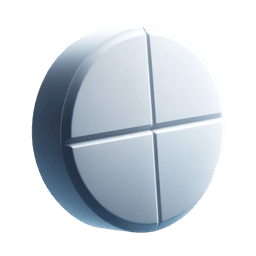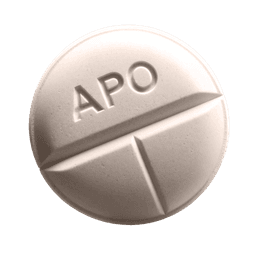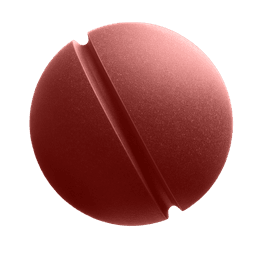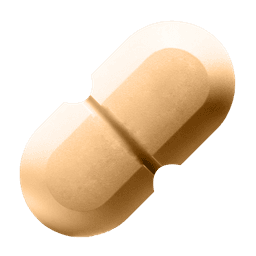
POTS TREATMENT WITHOUT THE WAIT
In the United States, it’s estimated that 1 to 3 million Americans live with postural orthostatic tachycardia syndrome, or POTS, a common form of dysautonomia.
With the recent COVID-19 pandemic, we are seeing a major increase in POTS cases as many with Long COVID meet the diagnostic criteria for POTS or other forms of dysautonomia.
RTHM Direct connects patients to treatment options from home.
While the exact cause remains uncertain, several potential factors contribute to POTS: hereditary factors, underlying health conditions, viral illness or trauma, autoimmune disorders, toxic exposure, chronic fatigue syndrome, demographics (more common in women aged 15 to 50), anemia, and now commonly seen with Long COVID.
Explore our range of POTS treatments
RTHM Direct provides prescription to a variety of medications for Long COVID, ME/CFS, POTS and MCAS

Pyridostigmine
Pyridostigmine improves autonomic function, particularly in patients experiencing dysautonomia.

Propranolol
A beta-blocker that helps manage symptoms related to dysautonomia, such as elevated heart rate and anxiety.

Midodrine
By constricting blood vessels and increasing blood pressure, midodrine reduces dizziness and improves daily functioning.

Ivabradine
Lowers heart rate without affecting blood pressure, making it ideal for patients with autonomic issues like postural orthostatic tachycardia syndrome (POTS).
Don't know
where to start?
We can help! Our treatment discovery tool takes in your symptoms and their severity levels and provides a tailored list of medications that may support your journey back to health.
Get personalized suggestions based on your specific symptoms and conditions and save time sifting through countless research papers.
Read the latest about POTS from the RTHM team
May 13, 2024
What is Postural Orthostatic Tachycardia Syndrome (POTS)?

May 13, 2024
What is Postural Orthostatic Tachycardia Syndrome (POTS)?
May 13, 2024
What is Dysautonomia?

May 13, 2024
What is Dysautonomia?
May 13, 2024
How to Compile a Comprehensive Personal Health Record (PHR)

May 13, 2024
How to Compile a Comprehensive Personal Health Record (PHR)
I lost years of my life feeling like I needed a heart transplant. My doctors told me there wasn't a medication that treated POTS and I actually believed them! Until I found RTHM Direct.
RTHM has been a huge lifeline in a maze of finding out what's happening to my life with Long COVID and effective treatments for such complex, new issues.
RTHM is peak healthcare and should be used as a blueprint for a new standard of care all over. Thank you for saving me.